Question And Answer
Publications
Articles, publications, books, tools and multimedia features from the U.S. Institute of Peace provide the latest news, analysis, research findings, practitioner guides and reports, all related to the conflict zones and issues that are at the center of the Institute’s work to prevent and reduce violent conflict.
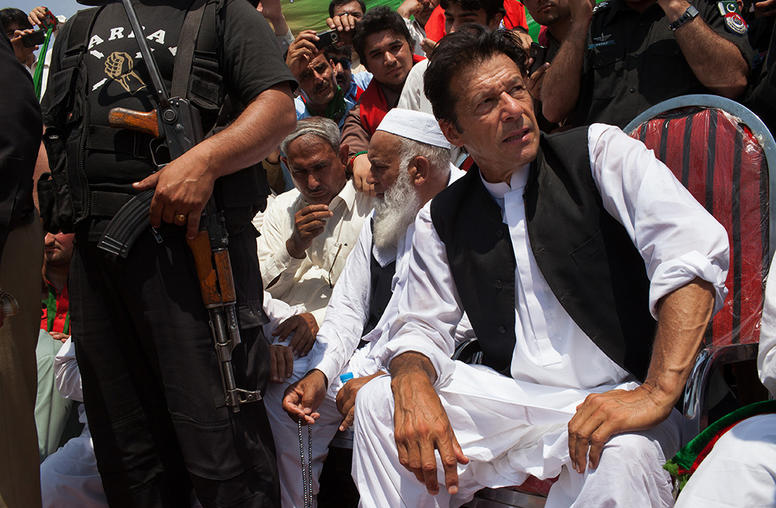
What will Pakistan’s Foreign Policy Look Like Under Imran Khan?
As Pakistan faces a number of vexing regional and international challenges, Prime Minister Imran Khan will come into office with little foreign policy experience. Whether it’s repairing deteriorating U.S.-Pakistan relations or managing nuclear tensions with India, Khan’s ability to steer foreign policy will depend on his relations with...
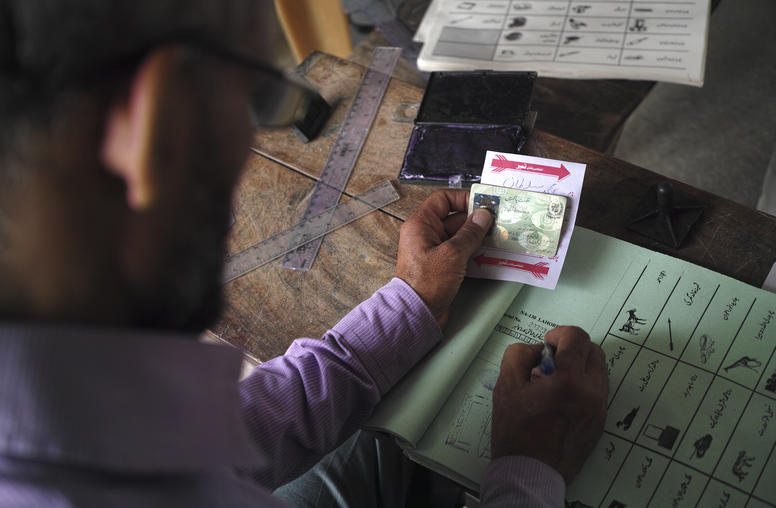
Despite Violence, Pakistan’s Elections Steadily Improve
Governed under military rule for long periods of its history, Pakistan’s July 25 general elections marked the second time a democratically elected, civilian government completed its five-year constitutional term, as per the 1973 constitution, and transferred power to a democratically elected successor. For Pakistan, the goal is...
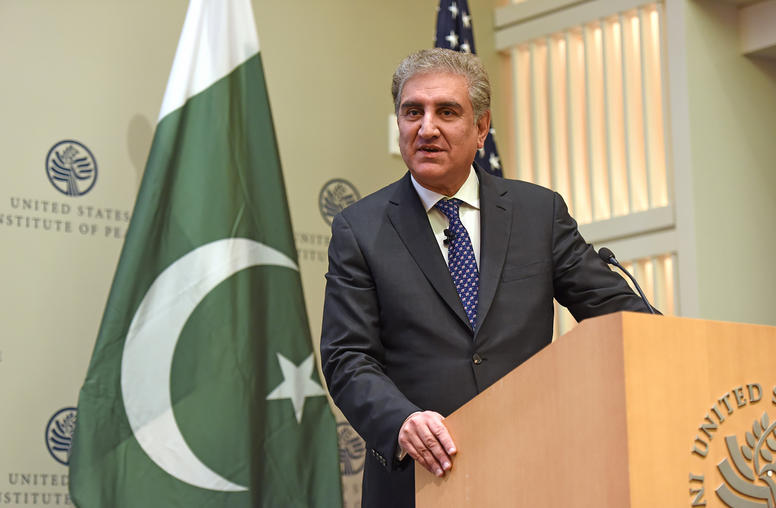
Pakistan Pursues a ‘Reset’ in U.S. Relations
Even with U.S.-Pakistani relations badly frayed over the war in Afghanistan, Pakistan’s new government wants to seize an opportunity for a political solution of that war, Pakistani Foreign Minister Shah Mehmood Qureshi said October 3. A “new convergence” of thinking among the Pakistani, Afghan and U.S. governments is creating much of that opportunity, Qureshi said at USIP in his first visit to the United States under the two-month-old government of Prime Minister Imran Khan.
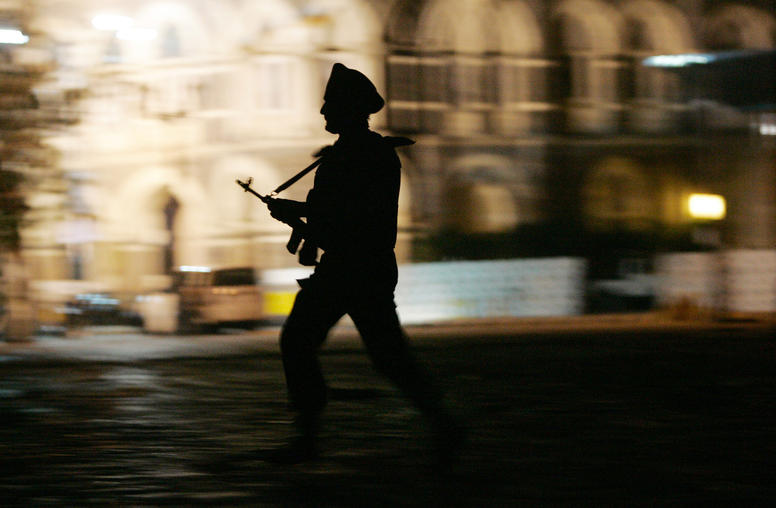
Ten Years After the Mayhem in Mumbai, is South Asia any Safer?
Moeed Yusuf discusses the impact of the November 2008 terror attacks in Mumbai, India, on the India-Pakistan relationship, crisis management in South Asia and the future of terrorism in the region.
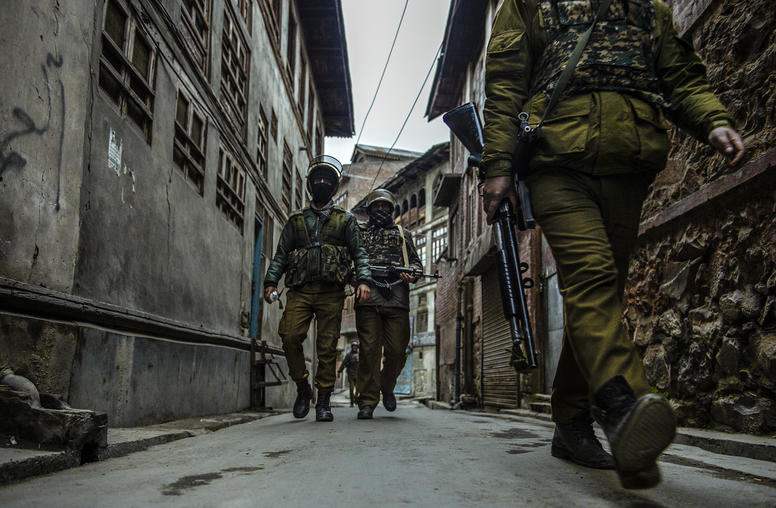
What Can be Done to Calm the India-Pakistan Crisis?
On February 14, in the disputed region of Kashmir, a suicide bomber rammed into a convoy of Indian paramilitary police, killing 44. The attack was claimed by the Pakistan-based Islamist group Jaish-e-Mohammad and was the deadliest bombing in Kashmir in three decades. Nearly two weeks after the attack, India launched a retaliatory airstrike. USIP’s Moeed Yusuf examines how the U.S. and international partners are key to preventing further escalation that could lead to nuclear war.
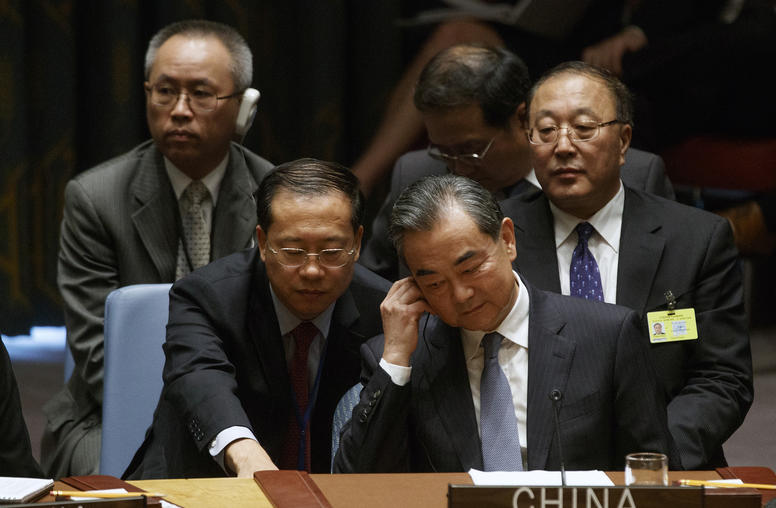
India-Pakistan Tensions Test China’s Relationships, Crisis Management Role
The latest India-Pakistan crisis has put China in a difficult position, as it tries to balance its relationships with both countries, while helping to stave off a conflict and demonstrate its ability to manage and resolve crises. Chinese Foreign Minister Wang Yi spoke to leaders in both Pakistan and India last week, urging them to practice restraint and find a way to deescalate the situation. Despite Pakistan’s request for China to play a more active role, competing priorities constrained the degree to which Beijing could lead—highlighting a chronic challenge for Chinese diplomacy in South Asia. China’s decision to keep a low profile is likely deliberate and in keeping with longstanding practice, but it is inconsistent with Beijing’s aspirations to lead in Asian crisis diplomacy.
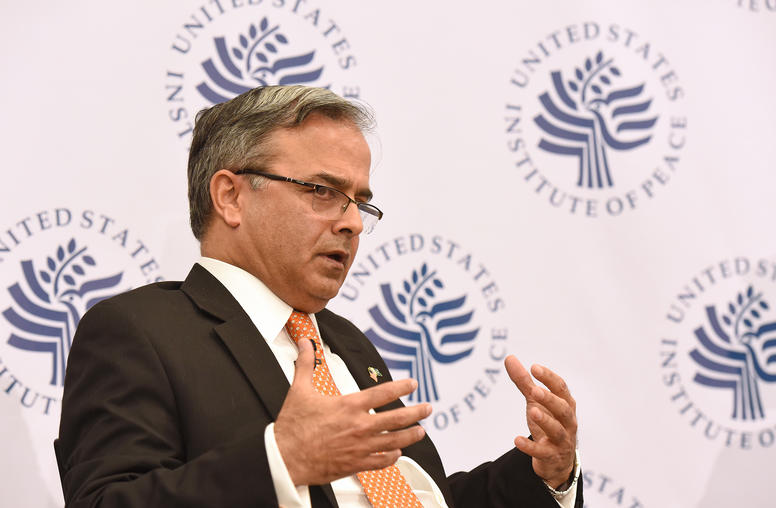
Pakistan Envoy Speaks on India, Terrorism and Afghan Peace
Echoing his country’s leaders, Pakistan’s new ambassador to the United States, Asad Majeed Khan, affirmed that his government will take an across-the-board approach to controlling extremist groups without regard for their particular cause or connections.
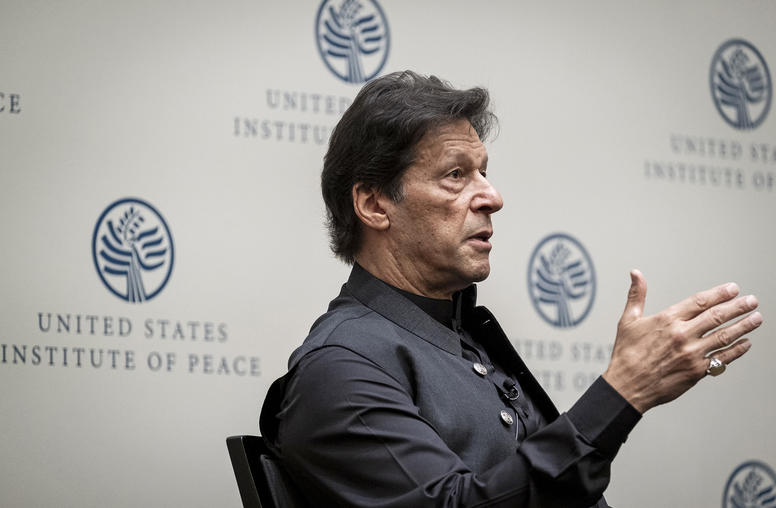
Pakistan’s Leader Vows to Press Afghan Taliban to Join Talks
Pakistan’s Prime Minister Imran Khan vowed to return home from his first official trip to Washington and meet leaders of the Afghan Taliban to persuade them to drop their rejection of peace talks that include the Afghan government. Khan spoke to an audience of U.S. policymakers, scholars and diplomats at the U.S. Institute of Peace following talks with President Trump in his first visit to the United States as prime minister. Khan discussed his meeting with Trump and hopes for an improved relationship with the United States, as well as Pakistan’s struggles with corruption and poverty, and relations with its neighbors.
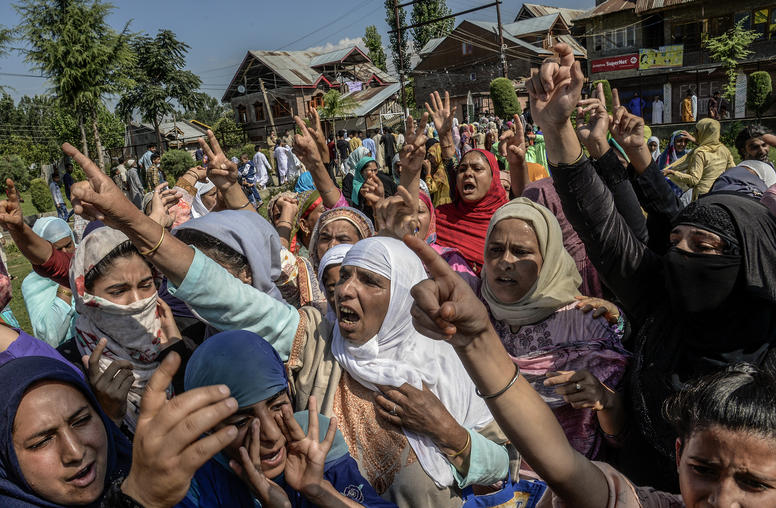
Kashmir Crisis Raises Fear of Intensified India-Pakistan Conflict
Last week, India made a controversial decision to revoke the special status of the disputed region of Kashmir and sent thousands of troops to quell any potential unrest. The Muslim-majority territory has been a major source of tension between India and Pakistan since it was partitioned between...
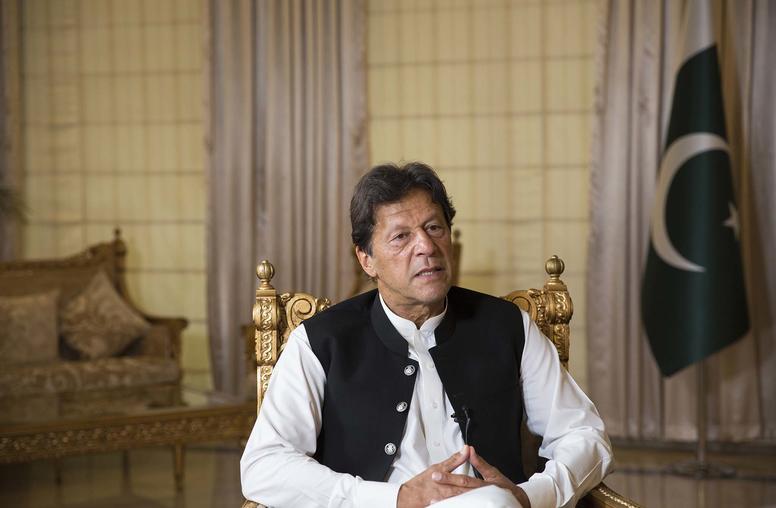
Pakistan Senate Election Upsets Government Efforts to Solidify Power
Pakistan held indirect elections on March 3 for the Senate, its upper house of Parliament, which is elected by sitting legislators in the National Assembly (the lower house of Parliament) and each of the provincial assemblies. Given the typically party-line vote, Pakistani Senate elections tend to be mundane affairs, with the results often preordained. However, in last week’s elections the ruling Pakistan Tehreek-e-Insaf (PTI) party, despite having a numerical majority in the national and provincial assemblies, failed to forestall defections among some lawmakers and in doing so failed to take control of the Senate from the opposition.